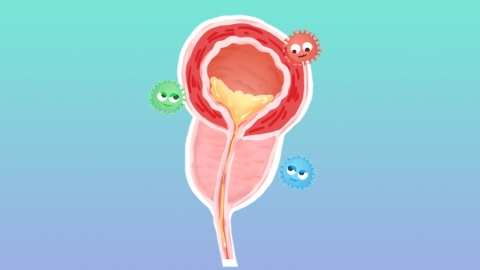What are the symptoms of urinary tract infection in late pregnancy?
Generally, the symptoms of urinary tract infection (UTI) in the late stages of pregnancy mainly include frequent urination, urgency, painful urination, abnormal urine appearance, and lower abdominal pain. If discomfort occurs, timely medical attention is recommended. Detailed explanations are as follows:

1. Frequent Urination
During a urinary tract infection in late pregnancy, inflammation irritates the mucous membranes of the urethra and bladder, reducing the effective capacity of the bladder. Pregnant women may feel a significant increase in the frequency of urination, with shortened intervals between voiding. They may need to urinate every hour or even more frequently, which can severely affect daily life and rest.
2. Urgency
After the bladder becomes infected, the mucosal sensitivity significantly increases. Even a small amount of urine filling can trigger a strong urge to urinate, causing pregnant women to experience urgency and an inability to control the need to urinate immediately. Sometimes, they may experience incontinence before reaching the toilet.
3. Painful Urination
During urination, urine flowing through the infected and inflamed urethral or bladder areas may irritate the damaged mucosa and nerve endings, causing pain, burning, or stinging sensations. This pain may occur at the beginning of urination or worsen at the end.
4. Abnormal Urine Appearance
Urinary tract infections cause bacteria, white blood cells, red blood cells, and other substances to mix into the urine, altering its composition and resulting in changes in the color, odor, and consistency of the urine. The urine may become cloudy, appear yellowish or reddish, and may have an unpleasant odor, such as a foul or ammonia-like smell.
5. Lower Abdominal Pain
Infection of the bladder and urethra triggers an inflammatory response in surrounding tissues, which stimulates nerves and causes pregnant women to feel a sensation of pressure, soreness, or dull pain in the lower abdomen. The severity of the pain varies among individuals.
It is important to maintain good personal hygiene by changing underwear regularly, washing the external genital area daily with warm water, and keeping it clean and dry to reduce the chances of bacterial growth.




